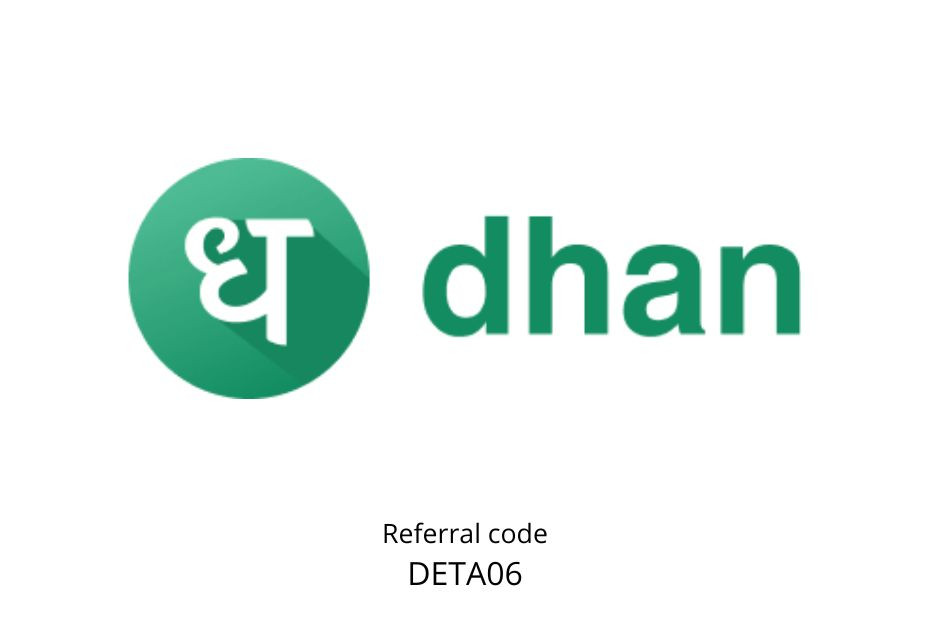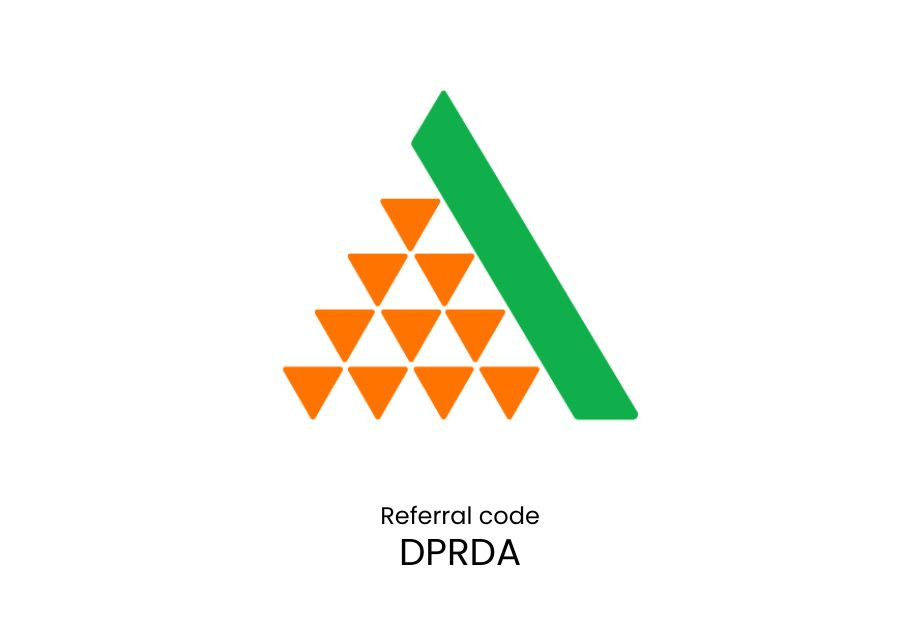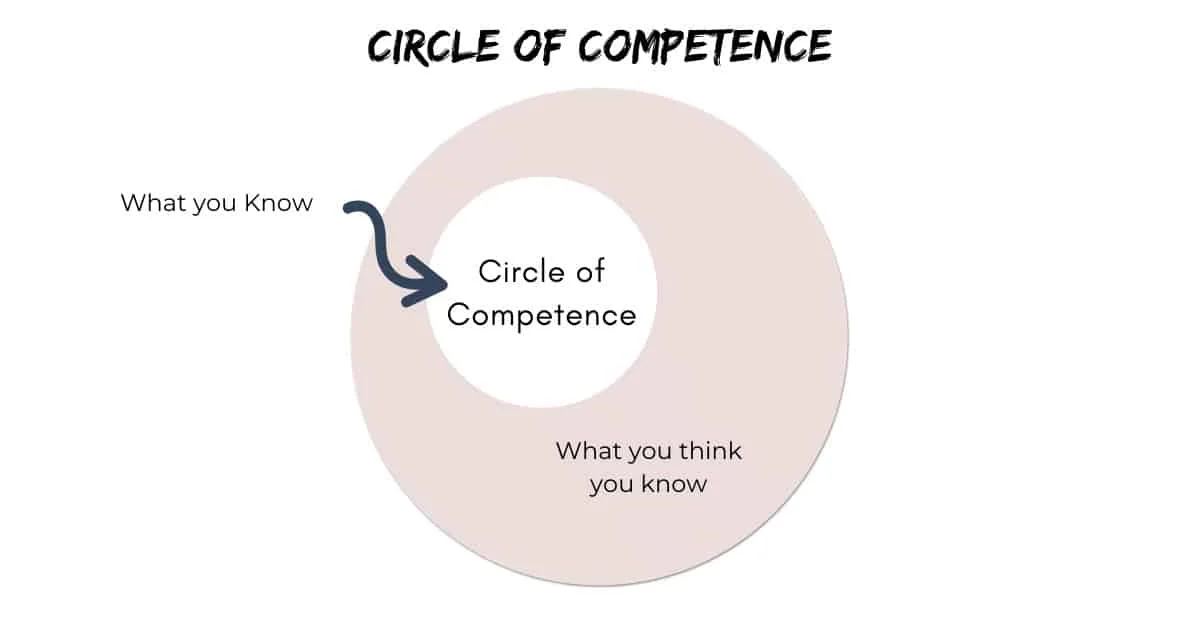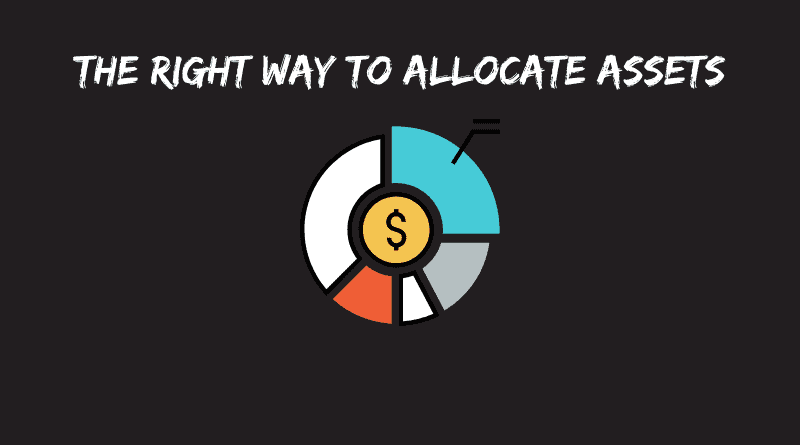Brokerage charges or fee in a Demat account represent the charges levied by your broker for facilitating your trades and transactions. These charges can vary depending on several factors, including:
Type of broker: Traditional full-service brokers typically charge higher charges compared to discount or flat-fee brokers.
Trading segment: Brokerage charges might differ for Equity Delivery Trading (long-term holding), Intraday Trading (buy and sell within the same day), F&O (Futures and Options), Currency, and Commodity segments.
Transaction value: Some brokers charge a percentage of the trade value, while others might have a flat charges per transaction.
Trading frequency: Some brokers offer discounted brokerage rates for high-frequency traders.
Common types of brokerage charges:
- Percentage brokerage: This is a charge calculated as a percentage of the total transaction value. For example, a broker might charge 0.5% per buy and sell order.
- Flat fee: This is a fixed charge charged per transaction, regardless of the trade value. For example, a broker might charge ₹20 per order.
- Minimum brokerage: This is the minimum amount of brokerage charged per order, even if the calculated charge based on percentage or flat rate is lower.
Note
Remember, choosing the right Demat account with the most suitable brokerage charge can significantly impact your investment returns.
Apart from brokerage charges, other charges associated with a Demat account may include:
- Annual maintenance charges: This is a fixed charge charged annually to maintain your Demat account.
- Transaction charges: These are charges levied by the Depository Participant (DP) for debiting and crediting securities in your Demat account.
- STT/CTT: Securities Transaction Tax (STT) or Commodity Transaction Tax (CTT) are levied on the transaction value by the government.
- Stamp duty: This is a state-specific tax charged on the transaction value.
- GST: Goods and Services Tax (GST) is charged on the brokerage and transaction charges.
Here are some helpful tips for finding the best brokerage charges for your needs:
- Compare different brokers: Research and compare brokerage charges, services, and features offered by different brokers before opening an account.
- Consider your trading style: Choose a broker who offers competitive charges for your preferred trading segment and frequency.
- Ask for discounts: Some brokers offer discounts for new clients, high-frequency traders, or referrals.
- Understand all charges: Make sure you fully understand all the charges and charges associated with your Demat account before opening it.
Post Disclaimer
For informational purposes only:
The information presented on this website is for informational purposes only and should not be construed as financial, legal, or professional advice. While we strive to provide accurate and up-to-date information, we cannot guarantee its completeness or accuracy. Any opinions expressed herein are solely those of the author or individual contributor and do not necessarily reflect the views of any company, organization, or other entity.
Do your own research:
Readers are encouraged to conduct their due diligence and consult with a qualified professional before making any decisions based on the information presented on this website. Trading, investing, and other financial activities involve inherent risks, and you could lose all or a portion of your capital. Past performance is not indicative of future results.










